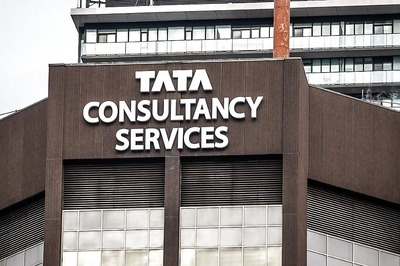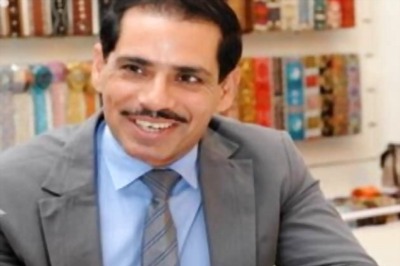
views
After the carving out of Chhattisgarh, Madhya Pradesh became a favourable political terrain for the BJP. A large chunk of the tribal population and 34 Assembly seats reserved for the STs fell under Chhattisgarh, which meant MP was now a state dominated by the other backward classes (OBCs). Naturally, all the three chief ministers BJP appointed post-2000 — Uma Bharti, Babulal Gaur and Shivraj Singh Chouhan — all belonged to the OBC community.
The Congress could not produce any strong OBC leader in the state. Historically, the grand old party’s CMs in MP since 1956 were either Brahmins or belonged to a feudal class.
Region wise, Mahakoshal and Baghelkhand consist of more tribal population and the Gondwana Gantantra Party has hurt the Congress here in previous elections. The Bundelkhand and Chambal-Gwalior region has a significant BSP presence, whereas certain pockets of bordering districts of Uttar Pradesh have some Samajwadi Party influence. The Malwa and Bhopal regions are dominated by the BJP and the Congress.
Several smaller outfits have also fielded their candidates who may hurt the BJP. The party is facing the ire of upper caste groups over the amendment to the SC/ST Prevention of Atrocities Act. An upper caste group SAPAKS (Saamanya Picchada Alpsankhyank Kalyan Samaj Sanstha) has put up candidates who may dent the BJP’s upper caste vote. A section of the upper caste and OBC voters is also likely to shift towards the Congress in the wake of the SC/ST Act controversy.
There is considerable development when it comes to roads and infrastructure but the electoral fight in MP this year will be fought over agrarian crisis. A large number of people in the state are involved in the agriculture sector, while most landowners belong to the upper castes or OBCs.
Shivraj Singh Chouhan’s push for the farm sector was visible in the first two terms of the chief ministership with the state witnessing double digit growth in the sector. His third term, however, was not that steady. The farmers’ unrest began 2014 onwards and the rural economy took a hit, generating negative sentiment against the BJP.
Demonetisation created a cash crunch for farmers, the curtailment of MNREGA allotment followed by inability to properly implement the much talked about Bhaavantar Yojana, in which the difference between actual sale price and the Minimum Support Price (MSP) of the crop was supposed to be paid by the government, made things worse for both the farmers and government. There were farmer suicides across the state and the police firing in Mandsaur fuelled the anger among farmers.
Another issue which has created problems for the BJP government is the Vyapam scam. It hit the image of CM Chouhan and the BJP government in the state since many of its leaders have been charge-sheeted in the case.
Chouhan is fighting anti-incumbency after BJP rule of 15 years. The Congress, on the other hand, lacks grassroots organisation and factionalism, though less than previous years, is still a factor. Resource crunch and lack of a CM face are also a cause for concern for the Rahul Gandhi-led outfit. Congress is counting on its poll promises of farm loan waiver and ensuring MSP to win this election.
In spite of all the troubles, Chouhan still holds considerable sway. The BJP’s campaign ‘Maaf Karo Maharaj, Hamara Neta to Shivraj’ shows how the party is banking on the three-time CM again to clinch a victory. The Congress is also counting on Kamal Nath and Jyotiraditya Scindia but the party is not as dependent on its stars as the BJP is on Chouhan.
Come November 28, when Madhya Pradesh votes to decide who will hold the reins next, it is the undecided voter who will tilt the balance in one party’s favour.
(The author is a lawyer and a political observer. Views expressed are personal.)


















Comments
0 comment